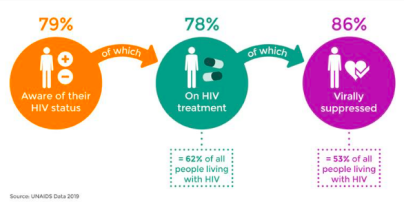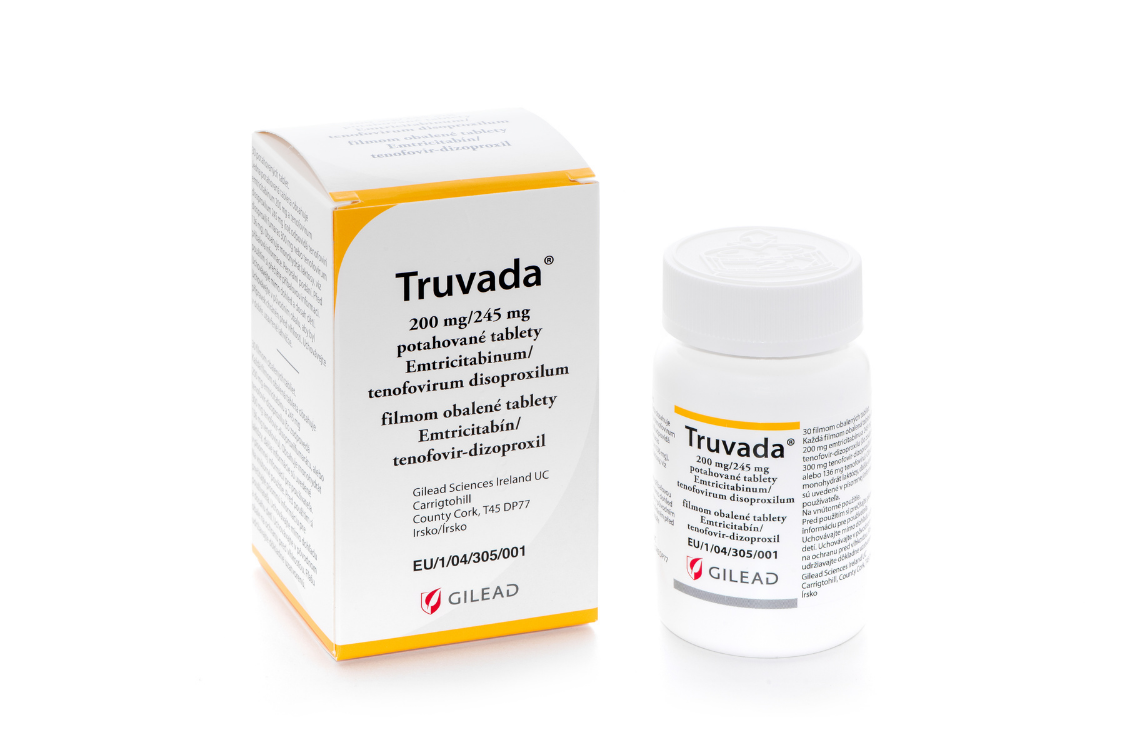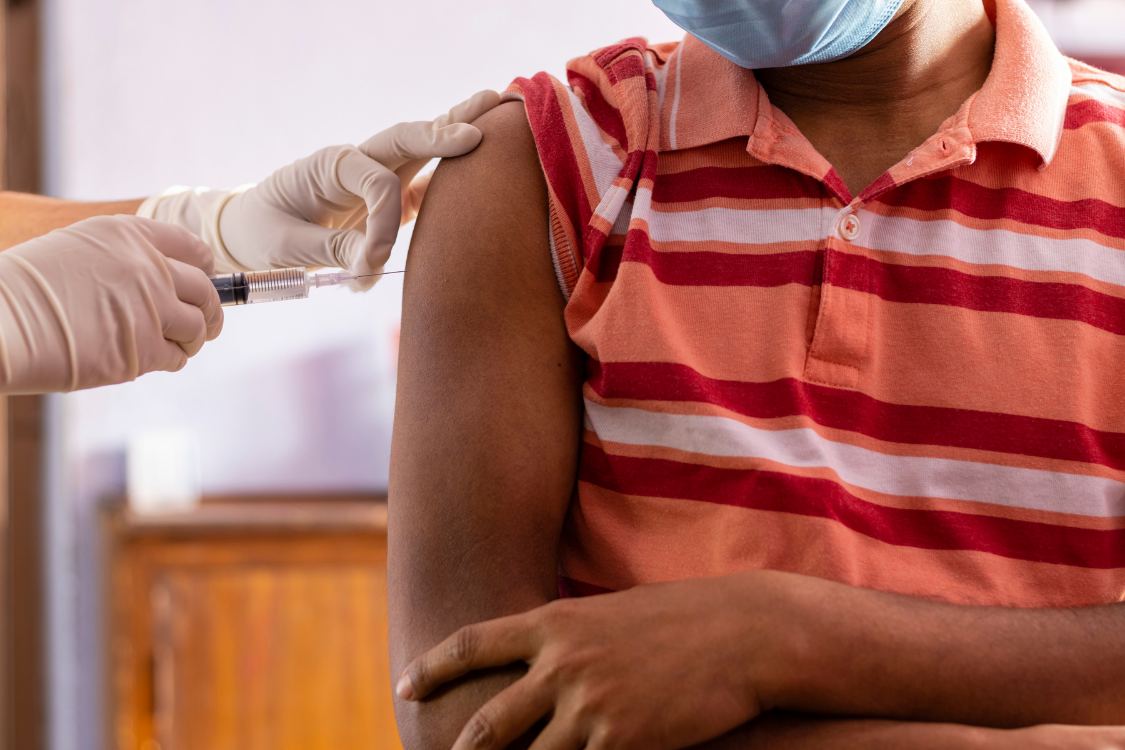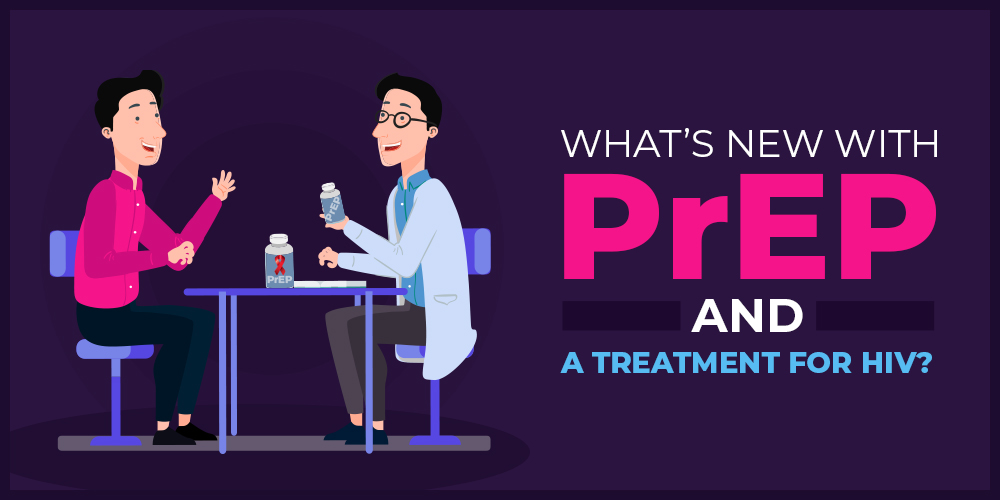These days, the news is often filled with stories about all the terrible things happening in the world. So, it is quite easy to miss some of the good news that’s out there – and thankfully, there has been a lot of positive developments regarding treatment for HIV.
According to recent data from UNAIDS, nearly 80% of the global population is now aware of their HIV status or are on HIV treatment drugs. These numbers are expected to jump to 90% by the end of 2021.

Much of this progress is thanks to an increase in HIV treatment access such as testing facilities and affordable PrEP options. But there have been many new developments in the treatment of HIV as well as progress towards finding new ways to prevent transmission.
So, here’s what has been happening around the world with HIV treatment developments and what it means for you.
1. Truvada is Available In Generic Form

There are currently two types of medications approved by the FDA for PrEP: Descovy and Truvada. Truvada was the first PrEP treatment that was approved in 2012 and is an effective HIV prevention method for adults and adolescents.
However, one of the leading reasons that many people do not take PrEP is because of the high cost of the medication. While most insurance policies cover this drug, it costs $2,000 for a 30-day supply without insurance. This high price often deters people who are at high risk of HIV transmission from getting on PrEP.
However, a recent generic form of Truvada just became available in October of 2020. This generic form is produced by Teva Pharmaceuticals to make PrEP more affordable, as a monthly supply is $1,455 – which is over $500 cheaper than Truvada.
Teva pharmaceuticals launched a generic form of Atripla as well, which is a treatment for HIV. This medication is given to patients who are HIV positive to suppress their viral load.
Although the cost of this generic drug is still quite high, it is making PrEP more accessible for people without insurance coverage. Further, this is just a start for other generic forms which could be on the horizon.
There are still many ways to make PrEP more affordable regardless of your insurance coverage, such as cost assistance programs and discounts. If you need help affording HIV treatment drugs, you can connect with us at PrEP Daily to learn more about these options.
2. New PrEP Treatments on the Horizon
Currently, PrEP is available as a pill that must be taken orally as prescribed by a doctor. Typically, this medication is taken once a day or as a 2-1-1 dosage on-demand regimen. This can be difficult for some people to stick to though – and if you consistently miss dosages, it could lower the medication’s effectiveness.
But there are new developments in the way that PrEP can be administered.
The first is a PrEP injection which would be given out every two months by a doctor. The Phase 3 study for the injectable PrEP drug was just completed in early 2020.
This study compared the effectiveness of both an oral medication, the injectable, and a placebo medication for HIV prevention. In this study, the rate of new HIV infections was three times lower for patients who received the injection. The results also show that the injection is effective for up to 60 days in-between dosages.
As of this writing, there are no updates as to when this drug option will be approved or available. But the results of this study are quite promising for cisgender men and transgender women at risk for HIV transmission. There are also some studies being conducted on the effectiveness of this injection for cisgender women.
Currently, the only PrEP medication that has been approved for cisgender females is Truvada. However, there is a PrEP vaginal ring that will soon be available for women as it was just approved by the WHO (World Health Organization) in January of 2021.
This silicone ring slowly releases PrEP medications into the body through insertion in the vagina. This works similarly to the popular birth control method. The latest study showed that women who used this PrEP ring had a 62% reduction in HIV transmission compared to the group with a placebo.
Currently, this medication has only been studied with women above the age of 18 and its effects on pregnancy and breastfeeding have not yet been recorded. However, this new treatment is likely to rollout in foreign countries where women are not able to access medication regimens easily.
3. COVID-19 Could Help with HIV Vaccine

The quick development and rollout of the COVID-19 vaccine could mean that we are even closer to creating an effective HIV vaccine.
First, the COVID-19 vaccine uses mRNA technology, which means that it causes the immune system to target specific viral cells. Essentially, this is the goal for an HIV vaccine that will be able to target and kill HIV cells after exposure. So research conducted for the COVID vaccine may be relevant for HIV prevention, too.
Much of the information scientists gathered about HIV also helped to give COVID-19 vaccine a head start. Scientists relied on much of the research from HIV vaccine trials over the past 30 years as it dealt with triggering immune system responses for specific viral cells. While there is still no cure on the market yet, the swift development of the COVID vaccine is a sign that finding an effective HIV prevention method could be around the corner.
Sadly, the COVID-19 pandemic did slow down some progress in HIV treatment research and development. Many clinical trials were put on hold temporarily for the safety of the patients and medical professionals on the team. But now that the vaccine is readily available (and safe for people living with HIV) many studies are starting once again.
Conclusion
There have been lots of developments with treatment for HIV as well as transmission prevention over the past few years. It seems like scientists are closer than ever to creating a cure for HIV through a vaccine. Plus, HIV prevention methods are becoming far more accessible and widely used across the globe.
If you want to learn more about HIV prevention or would like to discuss taking PrEP with a doctor, please contact our team at PrEP Daily. We can provide you with resources to learn more about treatments for HIV and get you in touch with a doctor to prescribe PrEP.

